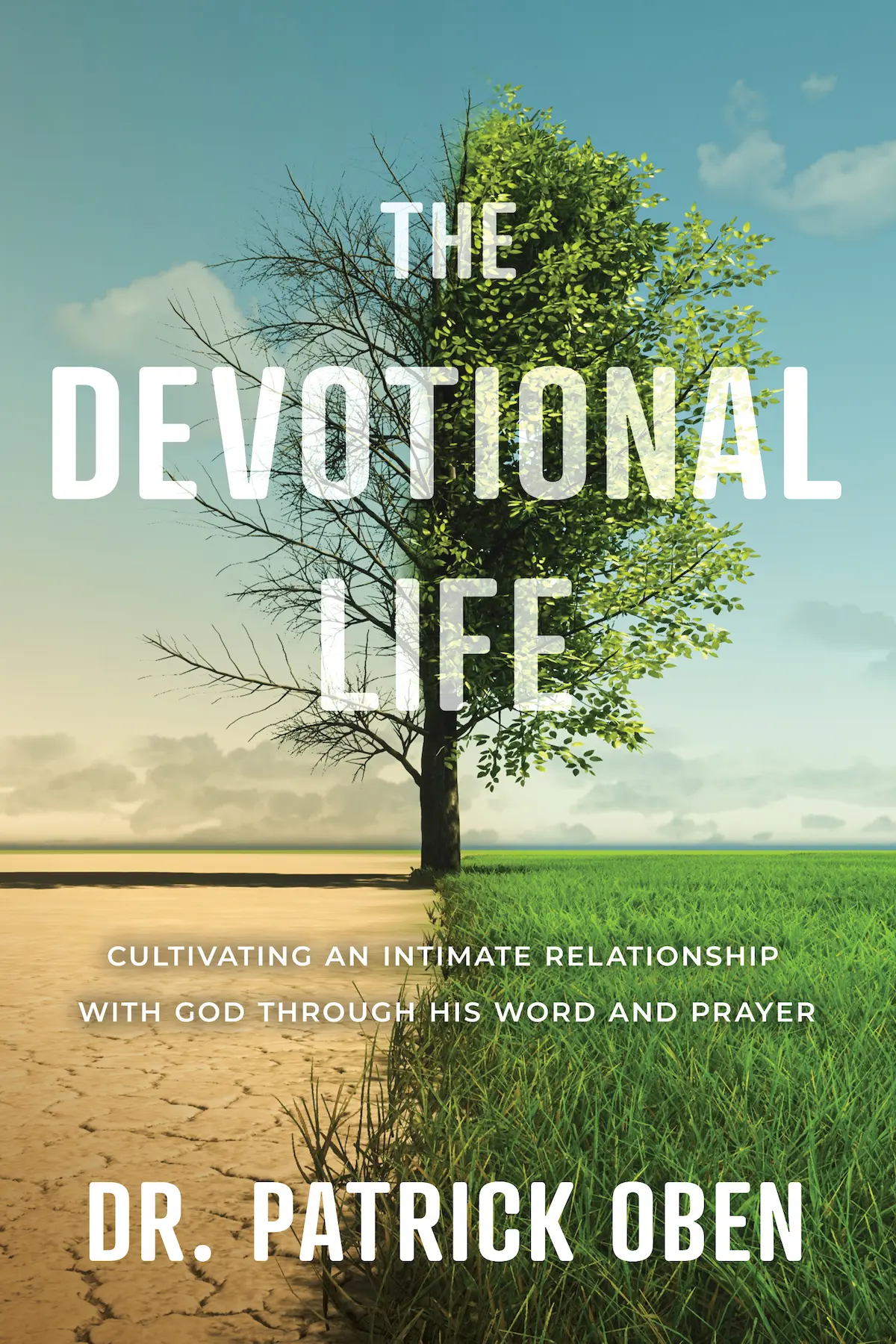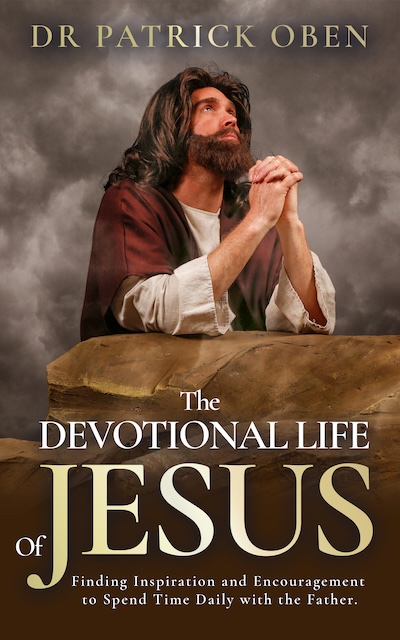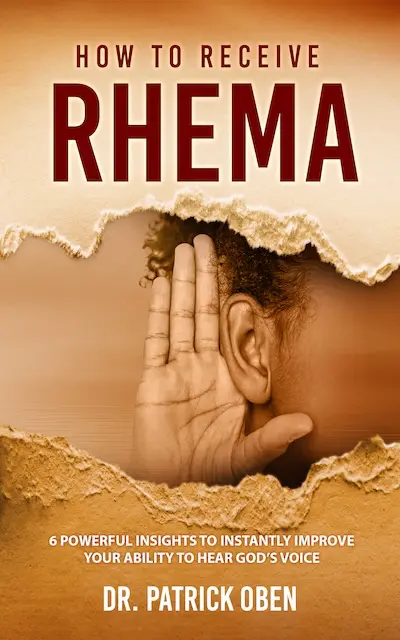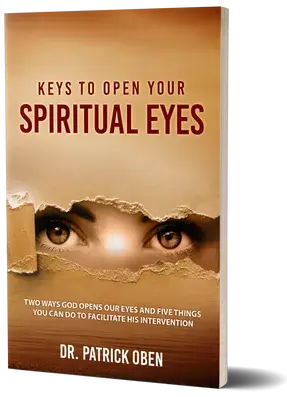The unicorns in the Bible were real but are not the same unicorns you see around in pictures today like the one depicted in the picture below!! The word “unicorn” only appears in the older English translations like the King James Version(KJV) because there was a subtle translation error which will be discussed below. We will also conclude with the spiritual message the Lord has for you through these symbolic creatures.
What is a Unicorn?
In our English terminology today, the word “unicorn” refers to a mythical or legendary animal resembling a horse with a single horn that protrudes from its forehead (1).

Unicorns in the Bible
Please find below the verses in the King James Version that use the word unicorn.
God brought them out of Egypt; he hath as it were the strength of an unicorn. (Num. 23:22 KJV)
Will the unicorn be willing to serve thee, or abide by thy crib? (Job 39:9 KJV)
Canst thou bind the unicorn with his band in the furrow? or will he harrow the valleys after thee? (Job 39:10 KJV)
He maketh them also to skip like a calf; Lebanon and Sirion like a young unicorn (Ps. 29:6 KJV)
But my horn shalt thou exalt like the horn of an unicorn: I shall be anointed with fresh oil (Ps. 92:10 KJV)
Others Deut. 33:17, Numbers 24:8, Ps. 22:21, Isa. 34:7, KJV)
Unicorns in the Bible and the mythical unicorn
The main issue to here is whether the unicorns in the Bible(KJV) mentioned in the verses above is the same as the mythical unicorn we know of today. The ESV Bible translators give us a hint with their translation of Job 39:9 above as
“Is the wild ox willing to serve you? Will he spend the night at your manger? (Job 39:9 ESV)
They use the word “wild ox” for “unicorn”. The issue here is therefore that of the usage of words and their meaning at a specific time frame as well as a subtle translation error. When the KJV translators first translated the Bible in 1611, they did not use the word “unicorn” to refer to this legendary horse-like animal with a protruding single horn. They were referring to a specific animal that existed in that era, which the ESV translators have corrected called a kind of “wild ox”. But how did this wild ox in the Old Testament turned out to be translated “unicorn”, a one-horned animal? Certainly this was a translation error which the ESV commenters also succinctly stated in the comments for Ps 92:10(2).
The original Hebrew word translated unicorn in our English version is the word רְאֵם (re’em), which refers to a kind of ox (e.g., Job 39:9–10) (3). When the Bible was first translated from Hebrew to Greek in the version called the Septuagint, the the Greek word μονόκερως (monokerōs) meaning “one-horned” was incorrectly used to translate the Hebrew word re’em. When Jerome translated the Vulgate(Lartin version), he used unicornis and rinoceros for the Hebrew re’em. The translators of the King James Version then used the English word “unicorn” for the Hebrew re’em which was in accordance with the following standard English usage for the time(3).
Therefore, the unicorn in the Bible is not the mythical unicorn we see in pictures today. It is a kind of wild ox which the Hebrews in the Old Testament called re’em. Is this kind of wild ox still living today?
The wild ox called unicorn in the Bible
Though the unicorn today is mythical, the wild ox that is used in the scriptures above is not a mythical animal. It is a real, undomesticated ox. The note from the ESV translators mentioned above on Psalms 92:10 is quite insightful.
“The wild ox is the aurochs, which is the ancestor of domestic cattle but is now extinct. The animal was known for its strength, and its horns were effective for goring (cf. 22:21; Deut. 33:17)” (2)
The animal, called the unicorn in the KJV, is no longer alive today. It is now extinct but probably looked similar to the wild ox we know today.
Symbolic meaning of the unicorns in the Bible
Why is it important for us to understand the unicorns in the Bible? What are its implications for our spiritual lives today?
Ps. 92:10 says
But my horn shalt thou exalt like the horn of an unicorn… (Ps. 92:10 KJV).
The Psalmist says the Lord will exalt his horn like the horn of a unicorn. The scriptures use the word “horn” as a symbol of strength and power. By extension, the horn is used for kingdoms and military power. When the Psalmist said the Lord will exalt his horn, he meant the Lord will give him victory over his enemies, specifically military victory, in a public display of strength and power.
The unicorns in the Bible (the wild ox), were known for thier incredible strength. This is its symbolic implications for us today. The Lord God has given us power that is exceedingly above all other powers so that our victory in every aspect of life is guaranteed. The Lord has already exalted your horn in Christ in the affairs of life. You are born to reign in life as a King because of Christ!
Now thanks be unto God, which always causeth us to triumph in Christ, and maketh manifest the savour of his knowledge by us in every place. (2 Cor. 2:14 KJV)
The eyes of your understanding being enlightened; that ye may know … what is the exceeding greatness of his power to us-ward who believe, according to the working of his mighty power, Which he wrought in Christ, when he raised him from the dead, and set him at his own right hand in the heavenly places,Far above all principality, and power, and might, and dominion, and every name that is named, not only in this world, but also in that which is to come: (Eph. 1:18-21 KJV)
For if by one man’s offence death reigned by one; much more they which receive abundance of grace and of the gift of righteousness shall reign in life by one, Jesus Christ.) (Rom. 5:17 KJV)
You can read more on how to Christ has made us able to reign over the circumstances of life in this brief devotional “Born to Reign”.
REFERENCES
1. Mangum, D. (2016). Unicorn. In J. D. Barry, D. Bomar, D. R. Brown, R. Klippenstein, D. Mangum, C. Sinclair Wolcott, … W. Widder (Eds.), The Lexham Bible Dictionary. Bellingham, WA: Lexham Press.
2. Crossway Bibles. (2008). The ESV Study Bible (p. 1056). Wheaton, IL: Crossway Bibles.
3. Mangum, D. (2016). Unicorn. In J. D. Barry, D. Bomar, D. R. Brown, R. Klippenstein, D. Mangum, C. Sinclair Wolcott, … W. Widder (Eds.), The Lexham Bible Dictionary. Bellingham, WA: Lexham Press.
Free Mini E-book: From Spiritual Dryness to Flourishing







Nice article. But Are the Unicorns found in real or they are a history?
Thank you Michael! Unicorns are a history, not real. They are used symbolically